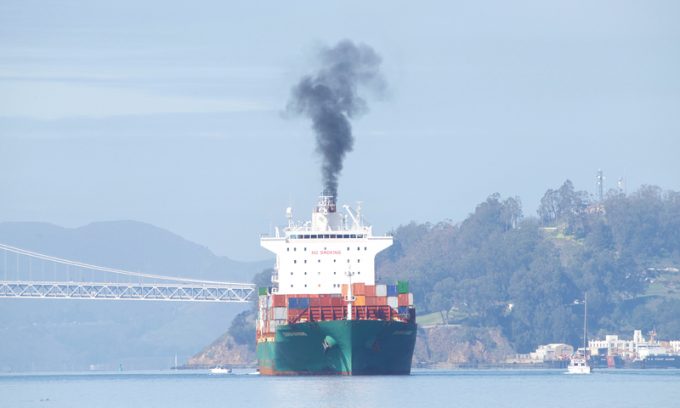More luck than judgment? Top 10 box lines enjoy elusive balance
Something of a sweet spot?

The CEOs of major European shipping lines have used COP28 to make a joint statement today, demanding more climate action from IMO.
The proposed measures, suggested by CMA CGM, Hapag-LLoyd, Maersk, MSC and Wallenius Wilhelmsen, include the imposition of well-to-wake, rather than tank-to-wake, emissions measurements as ...
CMA CGM South Korean staff strike over bonuses after bumper 2024 profit
MSC switches two more Asia-Europe port calls from congested Antwerp
CMA airline returns two freighters, while ANA takeover of NCA looms
Nightmare for Bangladeshi exporters as congestion and tariffs bite
Tradelanes: Export boom in Indian sub-continent triggers rise in airfreight rates
Carriers introduce surcharges as congestion builds at African ports
Ports and supply chain operators weigh in on funding for CPB
Box ship overcapacity threat from carrier appetite for new tonnage

Comment on this article